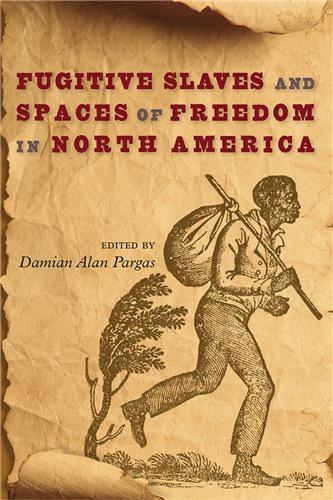This book tells the stories of nine southern Methodist women, who, inspired by their faith, advocated for progressive reform by fighting for racial equality, challenging white male supremacy, and addressing class oppression.
Southern Dissent
Edited by Stanley Harrold and Randall M. Miller, ST JOSEPH'S UNIVERSITYStanley Harrold
sharrold@scsu.edu
Randall M. Miller
ST JOSEPH'S UNIVERSITY
DEPT OF HISTORY
5600 CITY AVENUE
PHILADELPHIA, PA 19131
miller@sju.edu
There are 29 books in this series.
Please note that while you may order forthcoming books at any time, they will not be available for shipment until shortly before publication date
In Show Thyself a Man, Gregory Mixon explores the ways in which African Americans in postbellum Georgia used militia service after the Civil War to define freedom and citizenship.
This book spotlights the key role of popular music in the shaping of the United States South from the late nineteenth century to the era of rock ‘n’ roll, showing how the region’s musical activities reveal deep histories of racial tensions in southern culture.
This book details how African American women used lessons in basic literacy to crack the foundation of white supremacy and sow seeds for collective action during the civil rights movement.
This book examines the complexities of life for African Americans in Virginia’s Shenandoah Valley from the antebellum period through Reconstruction, showing how enslaved and free African Americans resisted slavery and supported the Union war effort in a borderland that changed hands frequently during the Civil War.
The Changing South of Gene Patterson celebrates the work of one of America's most influential journalists who wrote in a time and place of dramatic social and political upheaval. The editor of the Atlanta Constitution from 1960 through 1968, Patterson wrote directly to his fellow white southerners every day, working to persuade them to change their ways. His words were so inspirational that he was asked by Walter Cronkite to read his most famous column, about the Birmingham church bombing, live on the CBS Evening News.
Latino Orlando portrays the experiences of first- and second-generation immigrants who have come to the Orlando metropolitan area from Puerto Rico, Cuba, Mexico, Venezuela, Colombia, and other Latin American countries. While much research on immigration focuses on urban destinations, Simone Delerme delves into a middle- and upper-class suburban context, highlighting the profound demographic and cultural transformation of an overlooked immigrant hub.
This volume introduces a new way to study the experiences of runaway slaves by defining different “spaces of freedom” that fugitive slaves inhabited. It also provides a groundbreaking continental view of fugitive slave migration, moving beyond the usual regional or national approaches to explore locations in Canada, the U.S. South, Mexico, and the Caribbean.
This volume expands the chronology and geography of the black freedom struggle beyond the traditional emphasis on the old South and the years between 1954 and 1968.











